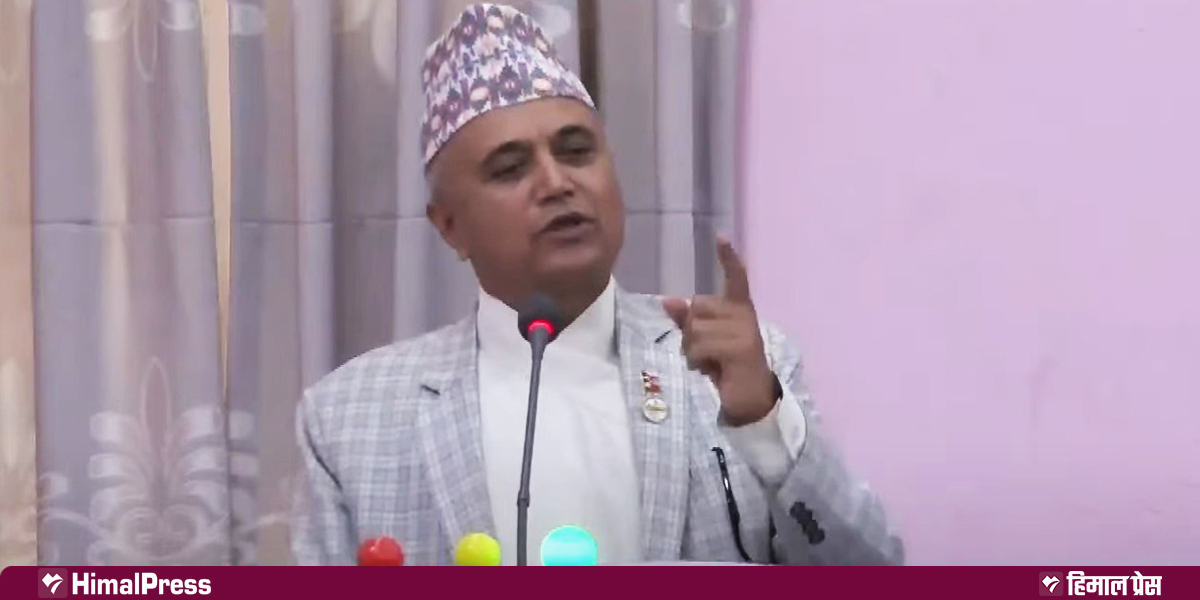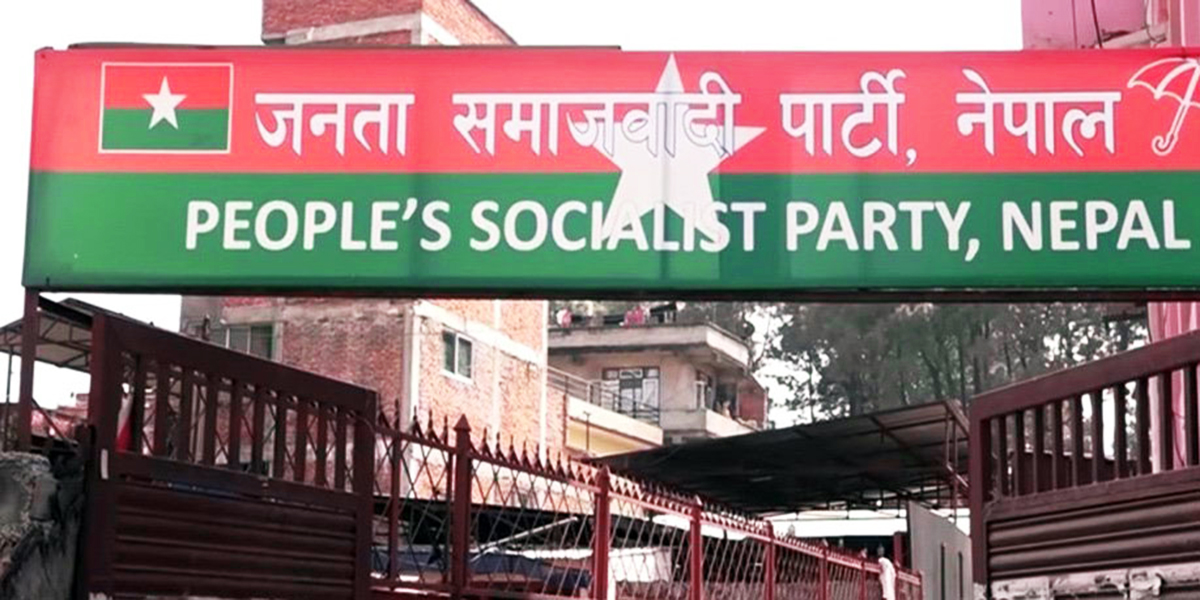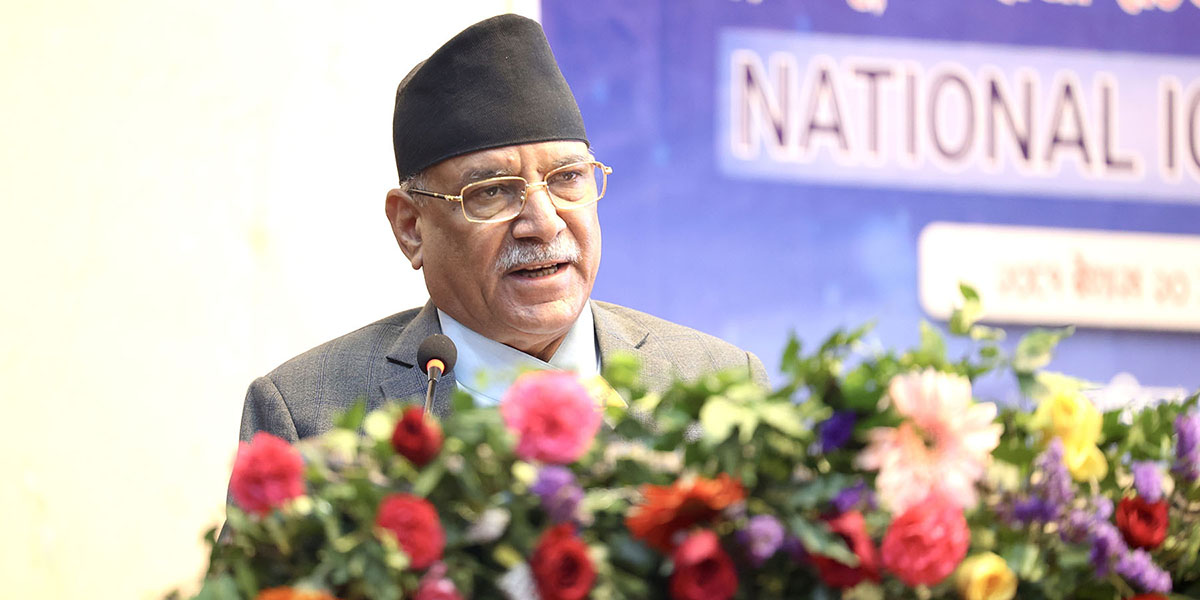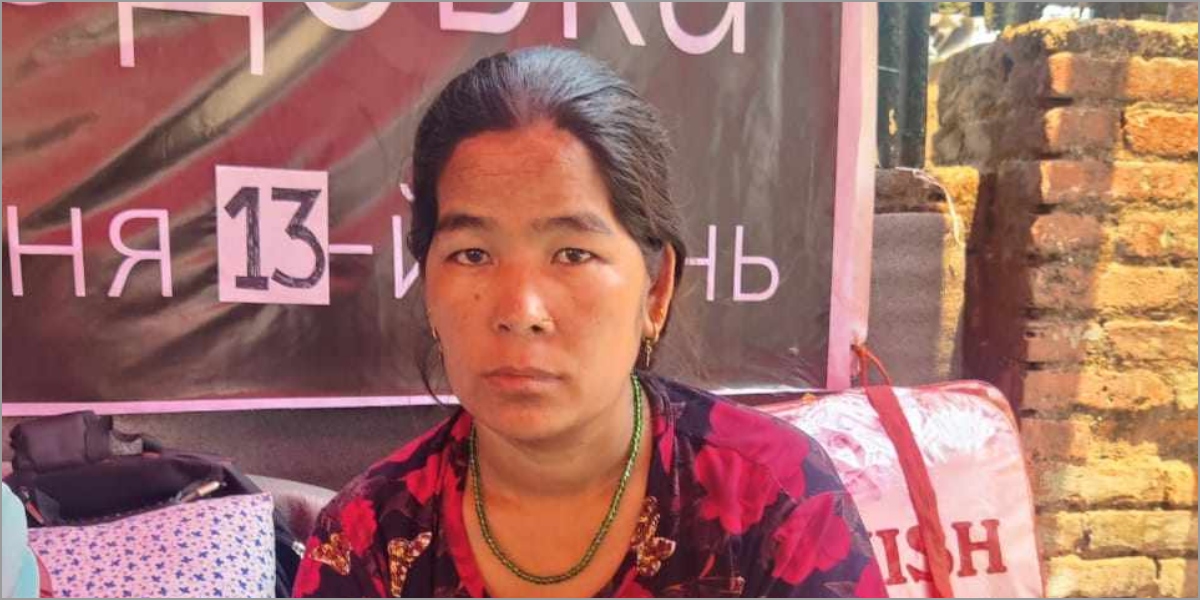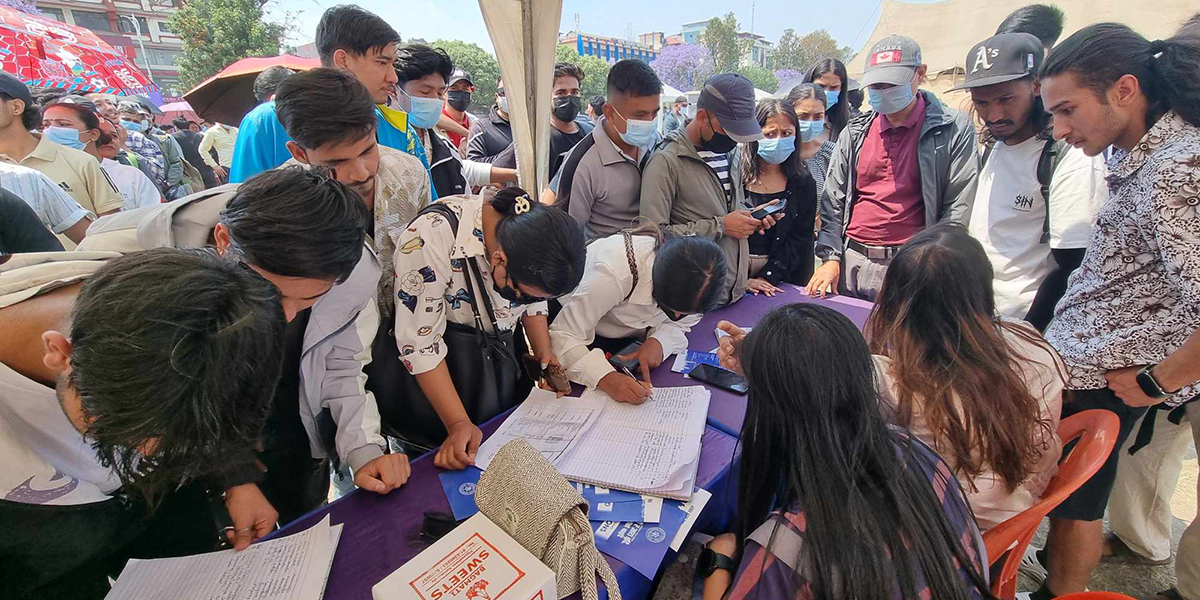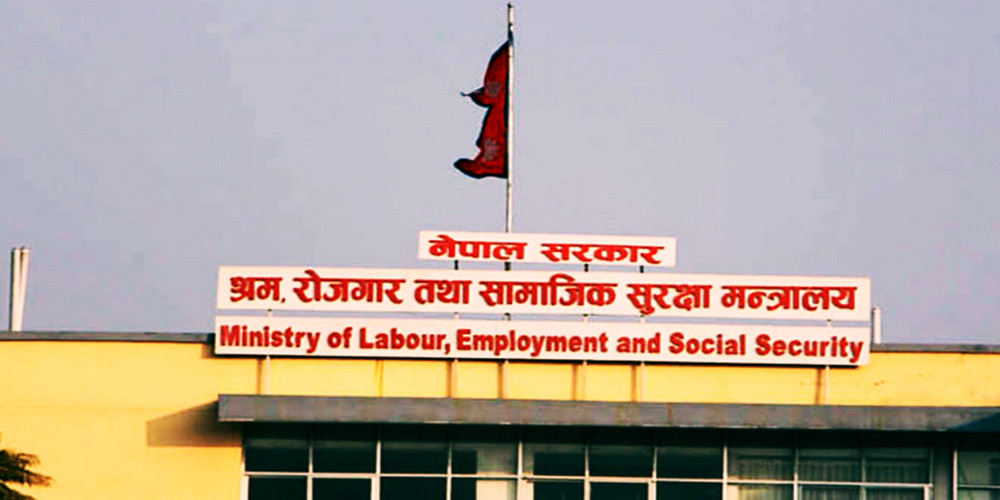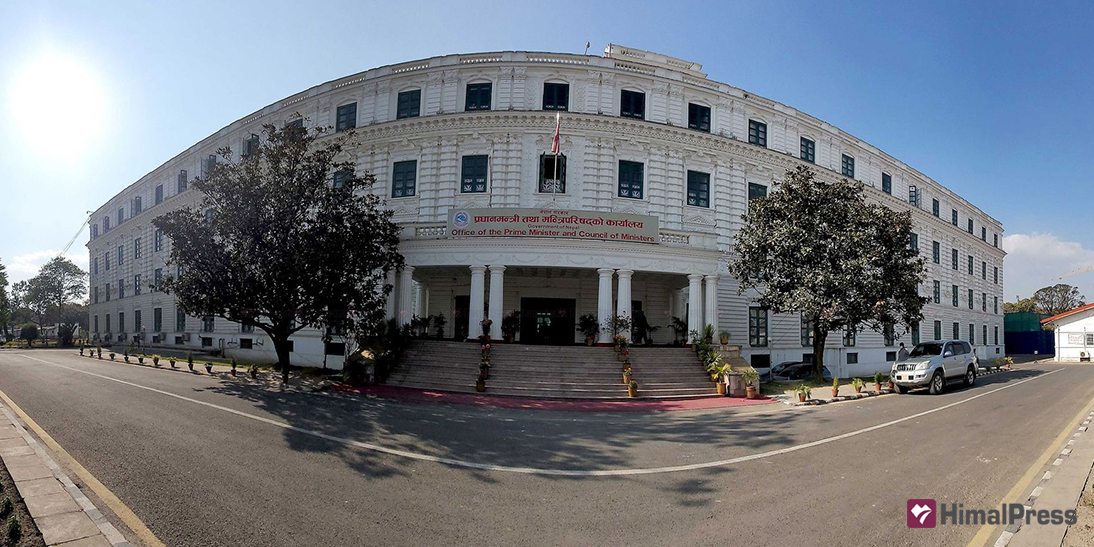
According to the Constitution of Nepal (2015), the provincial structure operates independently and not under the federal government. However, concerns are arising over the past six years that provinces might be sidelined due to increased intervention from the central government.
While political parties compete to take credit for the federal structure, their lackluster attitude toward strengthening federalism raises questions about the relevance of this form of governance. Experts attribute this to growing political interference in provincial affairs.
Article 168 of the Constitution grants all authorities to form a government and elect a Speaker and Deputy Speaker to the provincial assembly. However, the practice in the first two terms of all seven province assemblies has shown a centralized mindset, not only in government formation but also in formulating provincial laws.
The province governments have faced challenges in functioning effectively due to delays in the formation of key federal acts. Consequently, there is confusion regarding the rights of federal and provincial governments in areas such as education, civil service, and police, among others. Although the province assembly has the authority to name provinces, it couldn’t independently decide on names. Parties issued a whip to their assembly members to vote for certain names, as seen in the naming of Koshi Province, leading to protests based on identity issues.
Baijanath Chaudhary, a CPN-UML politburo member and former minister of the Lumbini Province Assembly, stated that despite having rights, there is always political interference in exercising those rights. He added that while it is positive to be guided by the federal government and its policies in economic development, excessive control by the center, even in government formation, goes against the spirit of federalism.
Although all parties have formed provincial committees, they do not allow these committees to make independent decisions.
Lumbini and Madhesh provinces have faced difficulties in expanding their cabinets due to interference from the center. The formation of the government in Koshi Province also requires direction from the central leadership of the Nepali Congress and CPN-UML.
Although all parties have formed provincial committees, they do not allow these committees to make independent decisions. This has led to criticism of the chairpersons of provincial committees, as the central leadership continues to make decisions on matters related to provinces.
Due to the centralized mindset, some offices refuse to implement directions from the provincial government. For example, the Transport Management Office in Rupandehi, Lumbini Province, declined to implement a cabinet decision to change the registration of certain vehicles, leading to the matter being raised in the federal parliament.
Various laws prepared by the province assembly, such as the Road Transport Act, Provincial Police Service Act, Market Monitoring Act, Organization Registration Act, etc., have not been implemented. The Law Secretary of Lumbini Province, Rajendra Thapa, explained that many laws enacted by the province assembly are not being implemented due to the absence of high-ranking officers. He added that the provincial structure is not becoming strong because of the centralized mindset among political leaders and civil servants.
Can provinces become strong? Nurjung KC, a professor at Butwal Multiple Campus, believes that provinces have failed to work independently due to the centralized mentality among political leaders and the personnel system. He suggests that provinces can only justify their existence if there is no interference from the center. Otherwise, people might start seeking alternatives to the federal setup.
Purna Bahadur Gharti of CPN (Maoist Center), which championed the cause of federalism in Nepal, blames the working style of political leaders for the growing public opinion against federalism. He accuses the center of trying to retain every right, resulting in a lack of administrative federalism and calls for political leadership to take necessary steps to strengthen federalism instead of engaging in unnecessary talks.


